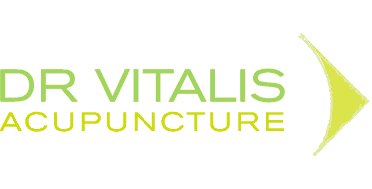Acupuncture for post-stroke depression
Did you know that depression and anxiety are common among stroke survivors, affecting around one-third of them.
Acupuncture has been extensively studied as a means of aiding stroke recovery. And now specific research has also shown its potential in treating post-stroke depression. Chinese scientists have conducted a comprehensive analysis of various acupuncture studies to determine its efficacy in this regard. Their findings show that acupuncture is as effective as antidepressant medication, with fewer side effects and adverse reactions.
In China it is common to apply acupuncture in the hospitals for post-stroke recovery. And many post-stroke facilities have a team of acupuncturists on board. However, in New Zealand, there may be some practical challenges in applying this treatment. For example, in the early stages of the disease, many post-stroke patients may find it difficult to travel to see an acupuncturist. But for those who are lucky enough to afford an acupuncturist to travel to their hospital for post-stroke rehab, it’s important to talk to your acupuncturist about your mental health. That way, they can design a treatment plan that takes your needs into account!



 https://unsplash.com/@paulgilmore_?utm_source=unsplash&utm_medium=referral&utm_content=creditCopyText
https://unsplash.com/@paulgilmore_?utm_source=unsplash&utm_medium=referral&utm_content=creditCopyText